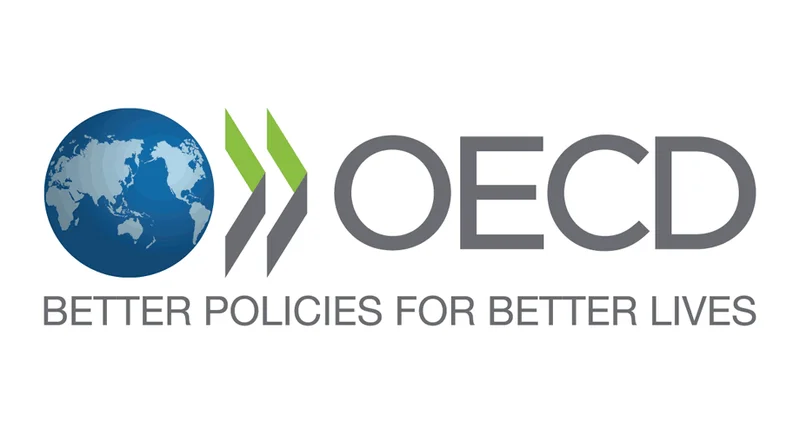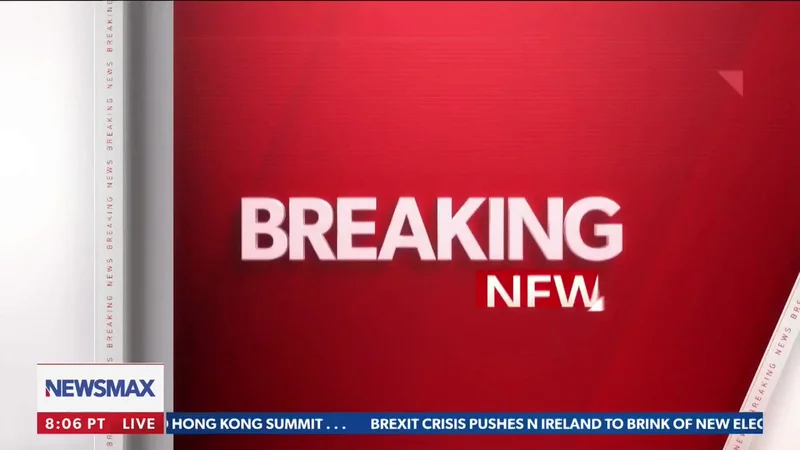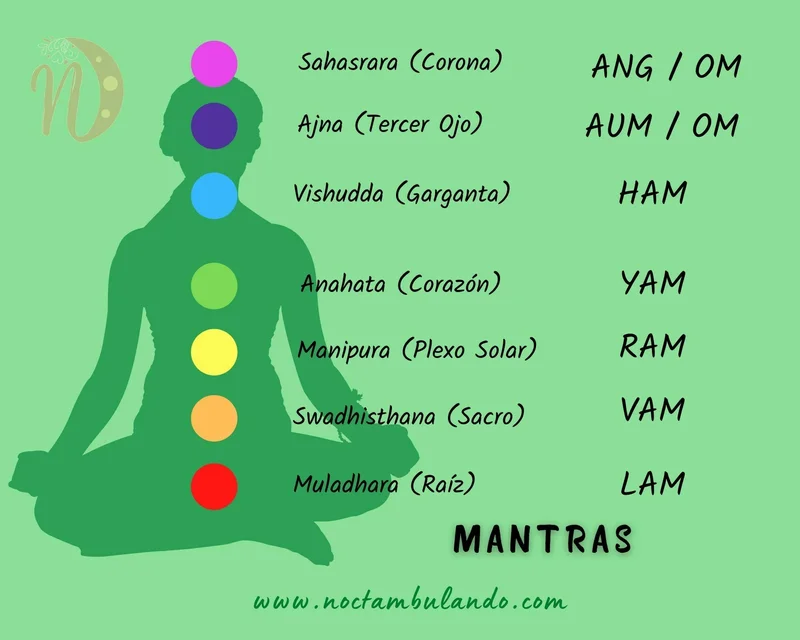OECD: Indian Workers Quietly Run the World and What That Means
Title: The Indian Brain Wave: How India is Rewiring Global Healthcare
Alright, buckle up, because I've stumbled across something truly mind-blowing. We're not just talking about incremental improvements here; we're talking about a fundamental shift in how global healthcare operates, and it's all being driven by the incredible talent emerging from India.
A Healthcare Revolution Brews
The OECD's latest report basically confirms what many of us have suspected for years: Indian doctors and nurses are the backbone of health systems across the developed world. I'm talking the US, the UK, Canada, Australia – the whole shebang. The numbers are staggering. Since 2000, the number of Indian-born doctors in OECD countries has jumped by 76%, and nurses? Hold on to your hats – a whopping 435% increase! According to the Indian workers quietly run the world — OECD just confirmed it, this trend is significantly impacting global economies.
Think about that for a second. It's not just about filling gaps; it's about fundamentally reshaping the landscape of care. We're seeing almost 100,000 Indian-born doctors and over 120,000 Indian-born nurses now powering healthcare in these nations. That's like the population of a small city dedicated to healing the world.
Now, some might see this as a "brain drain," and sure, there are valid concerns. India is on the WHO's list of countries facing critical workforce shortages. But I see something more profound here. I see a new model of global collaboration, a world where expertise flows freely across borders, enriching healthcare systems everywhere.
The UK, for example, relies heavily on India-trained doctors – they make up almost a quarter of all foreign-trained doctors in the National Health Service! The US and Canada aren't far behind. This isn't just a trend; it's a lifeline. It's a testament to the quality of Indian medical education and the dedication of its healthcare professionals.
One of the most interesting points the OECD report makes is the distinction between ‘foreign-born’ and ‘foreign-trained’ health professionals. The former refers to doctors and nurses born outside of the country where they now work (some of whom may have received their medical education after migrating). Foreign-trained refers to those who obtained their primary qualification abroad. The number of foreign-born professionals is higher than the number of foreign-trained professionals, since it includes second-generation migrants and those who pursued local degrees after moving, explains the report. Indian doctors and nurses form backbone of global health systems, says OECD report confirms the increasing reliance on Indian healthcare professionals.

But let's be honest, it's not all sunshine and roses. Licensing and recognition of foreign qualifications remain a major hurdle. The OECD report highlights how "delayed or opaque recognition procedures continue to prevent timely labour-market integration." It's a bureaucratic nightmare that needs fixing, ASAP. We can't have skilled professionals stuck in lower-skilled jobs because of red tape.
A Glimpse of a Brighter Future
So, what does this all mean? It means we're witnessing the rise of a truly global healthcare workforce, one where talent knows no borders. It means that the skills and expertise honed in India are now benefiting millions around the world.
But here's the question that keeps me up at night: How do we ensure this flow of talent is sustainable and equitable? How do we support India in strengthening its own healthcare system while also enabling its professionals to contribute globally? It's a complex challenge, but one we must address head-on.
I'm reminded of the invention of the printing press. Before Gutenberg, knowledge was confined to a select few. The printing press democratized information, making it accessible to the masses. In a similar way, the rise of Indian healthcare professionals is democratizing access to quality care, spreading expertise across the globe.
When I first read about this, I honestly just leaned back in my chair, speechless. This is the kind of shift that reminds me why I got into this field in the first place.
The Healing Touch of Tomorrow
This isn't just about numbers; it's about people. It's about the dedication of Indian doctors and nurses who are working tirelessly to heal the world. It's about the potential for a more collaborative, equitable, and effective global healthcare system. The future of healing is here, and it's being written, in large part, by the brilliant minds of India.
-

Warren Buffett's OXY Stock Play: The Latest Drama, Buffett's Angle, and Why You Shouldn't Believe the Hype
Solet'sgetthisstraight.Occide...
-

The Business of Plasma Donation: How the Process Works and Who the Key Players Are
Theterm"plasma"suffersfromas...
-

newsmax: What's going on?
[GeneratedTitle]:AreWeReallyS...
-

Mantra: A Quantitative Look at the Psychology and Actual Impact
AnAnalysisof'Mantra'asaFunct...
-

Bittensor: The Decentralized AI Vision and Why Wall Street is Suddenly Watching
Ofcourse.Hereisthefeatureart...
- Search
- Recently Published
-
- Dijon: Unpacking the Artist, His Vision, and the SNL Buzz
- Satoshi Nakamoto: Unraveling the Visionary, Defining 'Satoshi,' and Bitcoin's Future
- Cook County Treasurer: Property Tax Bills, Payments, & Why It's Such a Pain
- Allora: The Next Paradigm Shift and What It Means for Humanity
- IRS Relief Payment 2025: Will You Actually See a Direct Deposit?
- The Great Hamburger Collapse: The Real Reason They're Failing and Who's Next
- Nasdaq Composite Rises: What's Driving the Rally and Key Stock Movers
- Zcash's Price Surge: An Analysis of Its Price, Key Endorsements, and Future Outlook
- Pudgy Penguins: DreamWorks Partnership and Crypto Presale
- primerica: What we know so far
- Tag list
-
- carbon trading (2)
- Blockchain (11)
- Decentralization (5)
- Smart Contracts (4)
- Cryptocurrency (26)
- DeFi (5)
- Bitcoin (29)
- Trump (5)
- Ethereum (8)
- Pudgy Penguins (6)
- NFT (5)
- Solana (5)
- cryptocurrency (6)
- XRP (3)
- Airdrop (3)
- MicroStrategy (3)
- Stablecoin (3)
- Digital Assets (3)
- PENGU (3)
- Plasma (5)
- Zcash (6)
- Aster (4)
- investment advisor (4)
- crypto exchange binance (3)
- SX Network (3)
